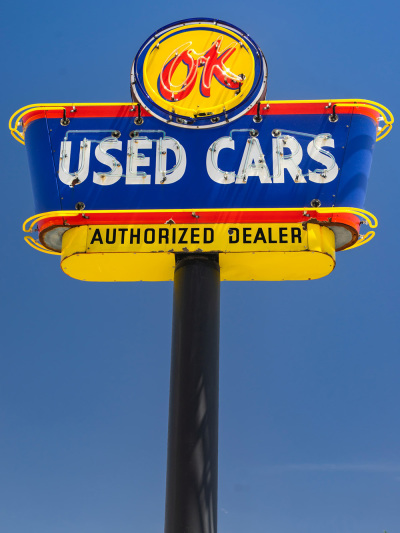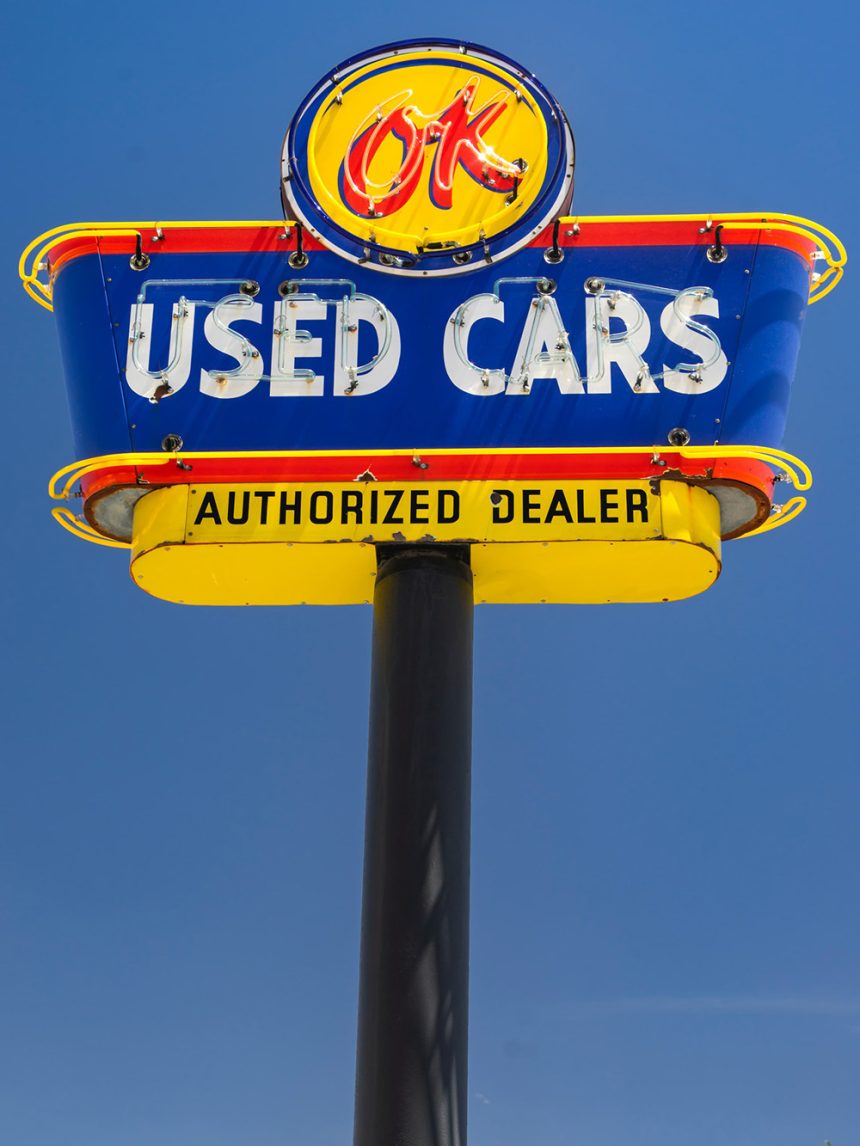
Dear Chuck,
I finally graduated with my master’s degree and would love to buy a new car. My spouse and I do not agree; she wants me to keep driving my 2017 clunker and pay off the student loan debt. Who is right?
Ready for My Dream Car

Dear Ready for My Dream Car,
So glad you asked. Let me turn this around and ask you some questions before I reply. Let’s start with a few probes so you and your spouse can get on the same page.
Context of Your Financial Picture
- Do you need a new car, or do you just want one?
- Is your “clunker” still in good shape?
- Why do you want a new car?
- What is your financial state?
- Do you have an emergency fund, are you giving regularly, and is your student debt small or large relative to your expected income?
- Do you have a job and a stable income?
- Why are you and your spouse not united?
When a dream car becomes a nightmare
I have written previously about how people are getting in over their heads with massive car payments. With rapid depreciation before the new car smell even wears off, young couples often regret their choice to buy new. For transparency, my wife and I can afford to buy new cars without debt, but we choose to drive what some may consider clunkers. Last year, I upgraded to a 2018. Her vehicle is a 2016. We are happy to live without a new car.
If driving a new car raises your debt load, consider whether that is more important than driving your current car and experiencing financial freedom.
It has become an accepted way of life in America to have a mortgage, car payments, and consumer debt. Unfortunately, many people sleepwalk into this scenario without thinking through the long-term ramifications.
Some are asking if owning a car has become a luxury. Is owning one or two even necessary? For couples or families with multiple vehicles, consider whether having two or more is really necessary. Selling an unnecessary vehicle can provide margin in several ways, including paying down debt, saving for a home, or paying off student loans.
Young couples need to analyze their priorities and take a serious look at personal debt in general. If possible, driving dependable, older model vehicles is a way to avoid paying interest on value-depreciating new ones. A recent article at BankRate.com found that Americans pay $575 per month in hidden ownership costs. That is almost $7,000 per year. That could go a long way to paying off student loans or other debts early in life!
Many couples, if willing to get beyond the stigma, can figure out how to get by with one car, especially if they live in an area where it is possible to walk, bike, carpool, or use public transportation. Check out the following pros of taking your wife’s advice.
Pros
- Unification in making large financial decisions.
- Reduced cost of gasoline, maintenance, insurance, registration, taxes, tolls, and parking fees.
- Fewer trips to stores and restaurants = more cash.
- No car payments = more cash.
- More space in the garage.
- Healthier to walk/bike.
- Communicating and coordinating schedules.
- Time saved cleaning only one car.
- Lower environmental impact.
Questions to discuss with your spouse
- How often do you use your vehicle?
- Could you try getting by with your “clunker” until you can pay cash for an upgrade?
- Where are you obligated to go during the week?
- Is your schedule flexible? Is remote work possible?
- Is it possible to drive your spouse to work?
- What scheduling conflicts will you encounter, especially with children?
- Do you have friends/neighbors who can help in a pinch?
Delayed gratification is always wise
Just because you can afford to replace a car doesn’t mean you need to. We often fail to give thanks for the way a car has lasted because we’re more concerned with how it looks or how we are perceived by others. In what other ways could that money be used? What will you have to give up to own it? How about the joy of making your spouse happy; why push for what may divide you?
Buying new may be best in certain situations. But learning to discern between wants and needs is important for financial wellness. Above all else, staying united in your marriage pays long-term dividends!
“Why do you spend your money for that which is not bread, and your labor for that which does not satisfy?” (Isaiah 55:2 ESV).
Before you make a final decision, here are some important articles that will give you more perspective:
Crown’s Family & Finances Podcast is a great resource for those who want to dive deeper together. Chuck and Ann Bentley discuss lessons they’ve learned and offer wisdom in the areas of marriage and family related to finances.
Chuck Bentley is CEO of Crown Financial Ministries, a global Christian ministry, founded by the late Larry Burkett. He is the host of a daily radio broadcast, My MoneyLife, featured on more than 1,000 Christian Music and Talk stations in the U.S., and author of his most recent book, Economic Evidence for God?. Be sure to follow Crown on Facebook.






